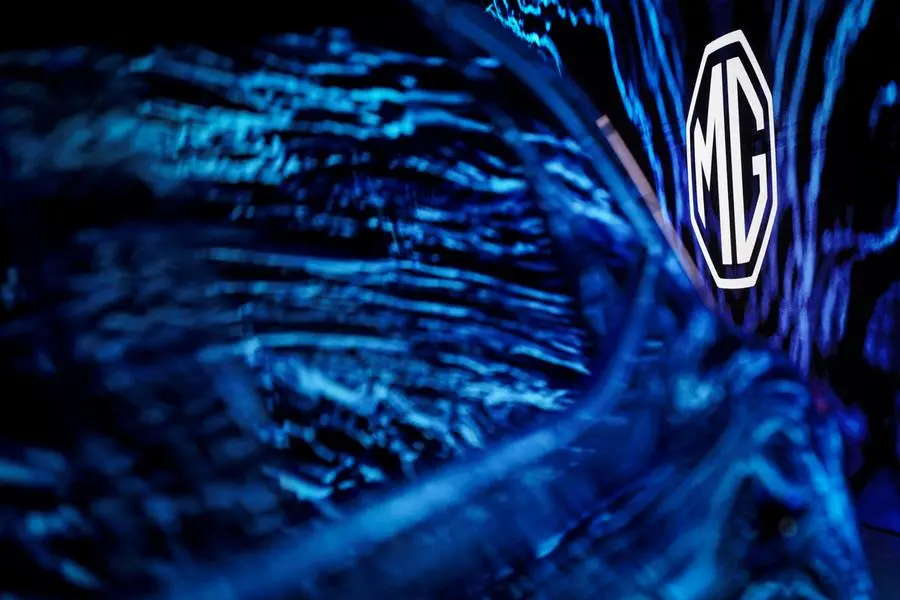PHOTO
NEW DELHI - MG Motor, owned by China's SAIC Motor, on Wednesday launched the lowest-priced electric car in India, as it seeks to take on local rivals like Tata Motors in the world's third-largest car market.
The two-door Comet EV offers a range of 230 kilometers (143 miles) on a single charge and is priced starting at 798,000 rupees ($9,763), under-cutting Tata's four-door Tiago electric vehicle (EV) which has a range of 250-315 km and is priced starting at 849,000 rupees ($10,400).
MG Motor is pitching the Comet EV as an ideal ride for India's congested cities and roads as it is "extremely easy to manouver in the urban jungle", the carmaker's India head Rajeev Chaba said during a virtual launch event.
"It is for those who are looking for a smart solution to combat today's urban mobility issues," he said, adding the car was easy to drive and park in various conditions.
Sales of EVs made up less than 2% of total annual car sales in India of 3.9 million vehicles in 2022-23 with Tata Motors dominating the market. But Prime Minister Narendra Modi's government wants to grow this to 30% by 2030.
The Comet, which is designed to seat four people, is MG's second EV in the Indian market where it sells the bigger ZS electric sport-utility vehicle (SUV). MG Motor expects EVs to account for 25%-30% of its sales in the country in 2023.
Rival BYD also launched its first EV in India last year with a plan to corner 40% of the country's electric car market by 2030.
The Comet's pricing, however, seems to be expensive compared to other entry EV car prices given its small size, Gaurav Vangaal at S&P Global Mobility said.
"Cars are not only mobility any more as it becomes part of a lifestyle. We hope MG will find enough customers for its vehicle but may fall short of its production targets," he said.
The EV market is in the grip of a global price war, with BYD setting the starting price for its new Seagull hatchback at 73,800 yuan ($10,659), about 6.3% lower than its initial advertised price.
($1 = 81.7380 Indian rupees)
(Reporting by Aditi Shah; Editing by Mark Potter)





















